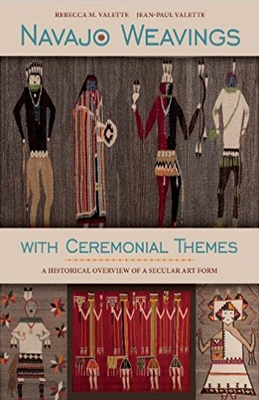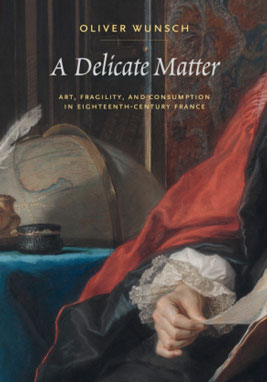Featuring more than 500 photos and maps, this is the first comprehensive, research-based history of Navajo weavings with imagery inspired by tribal sacred practices. These Yei, Yeibichai, and sandpainting textiles have been the most sought after by collectors and the least studied by scholars. In spite of their iconography, they never served a ceremonial function. They were created by Navajo women at the instigation of Anglo traders, for sale to wealthy collectors willing to pay premium prices for their perceived spiritual symbolism. This book describes the historical and artistic development of the genre from its controversial emergence around 1900, to the 1920-1940 period of intense creativity, and concluding with the contemporary search for innovative patterns. Never-before-published weavings, detailed annotations, and an extensive bibliography make this an invaluable reference for scholars and collectors, and a fascinating exploration for all who are interested in the Southwest and its native cultures.

Rebecca Valette
Professor Emeritus, Department of Romance Languages and Literatures










